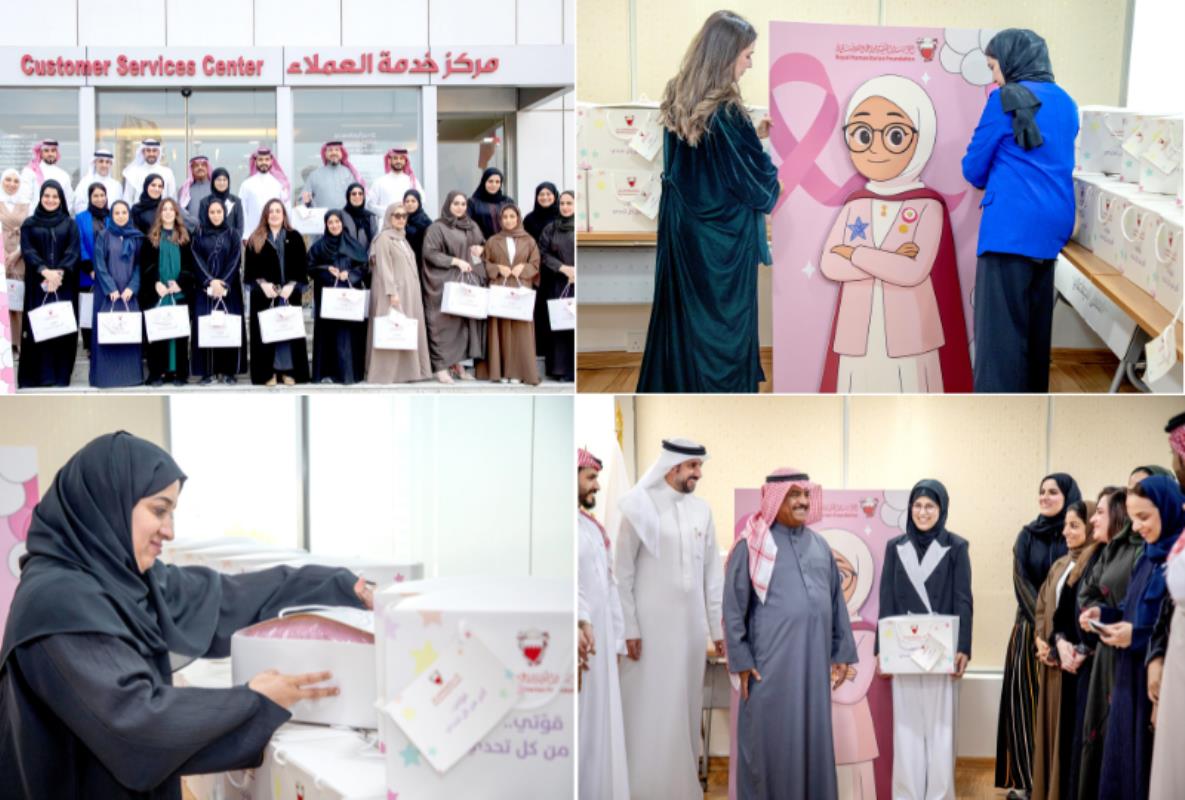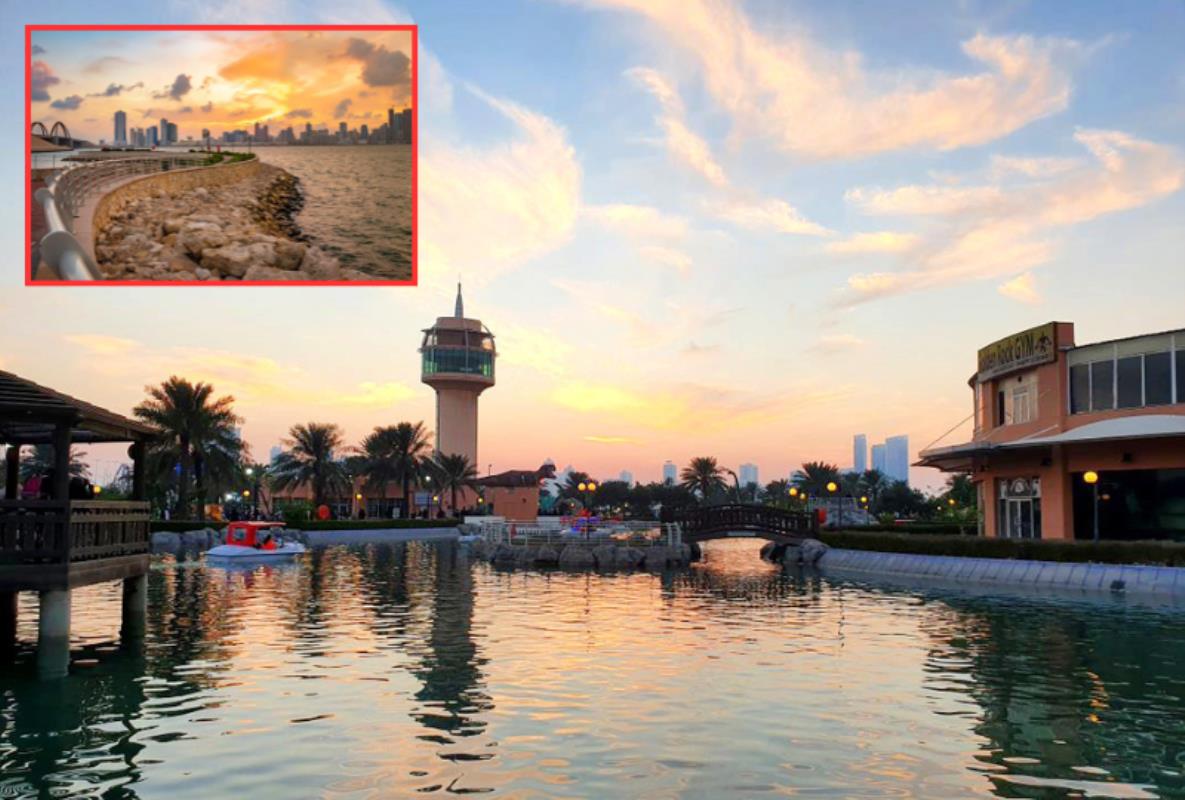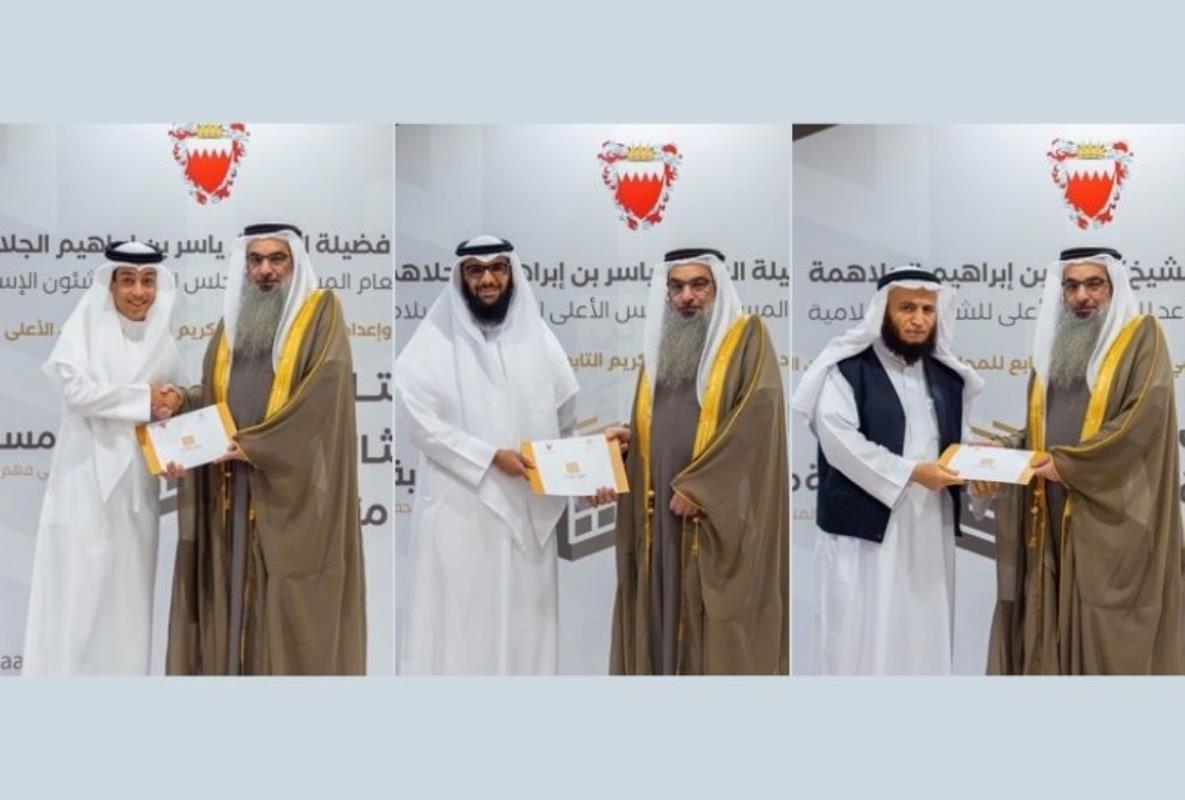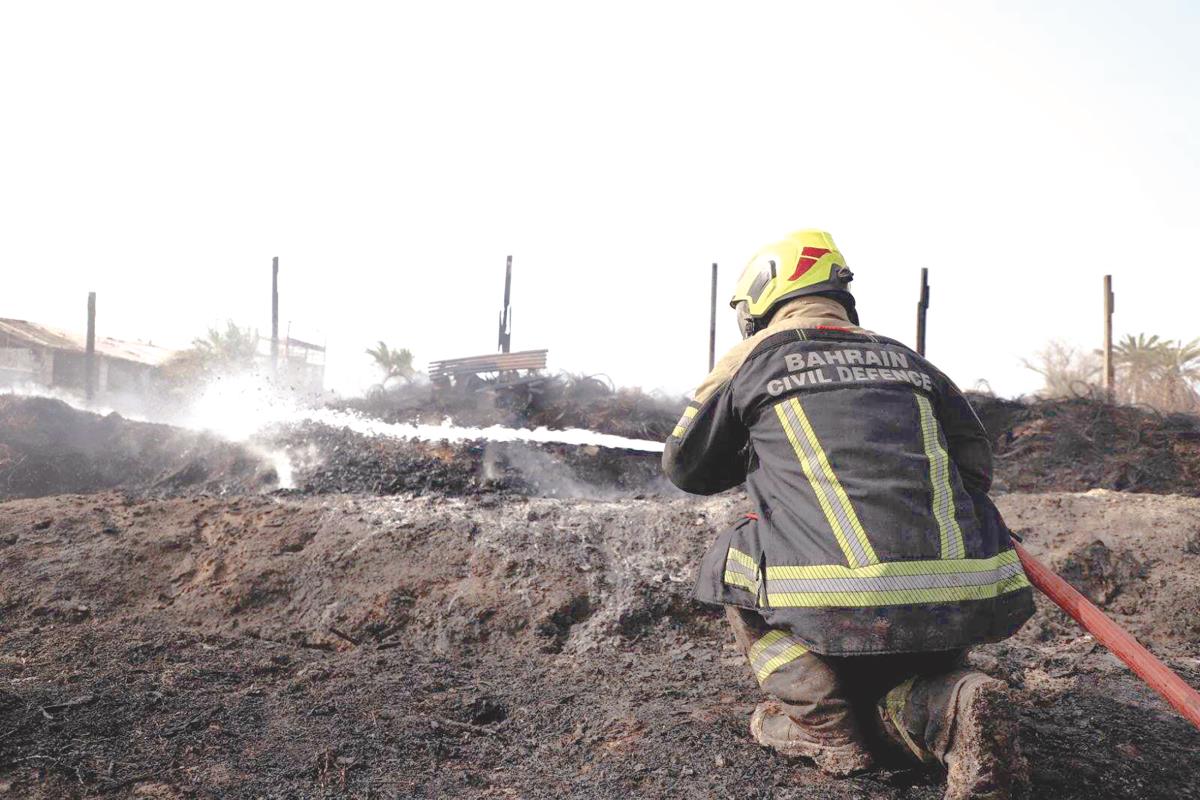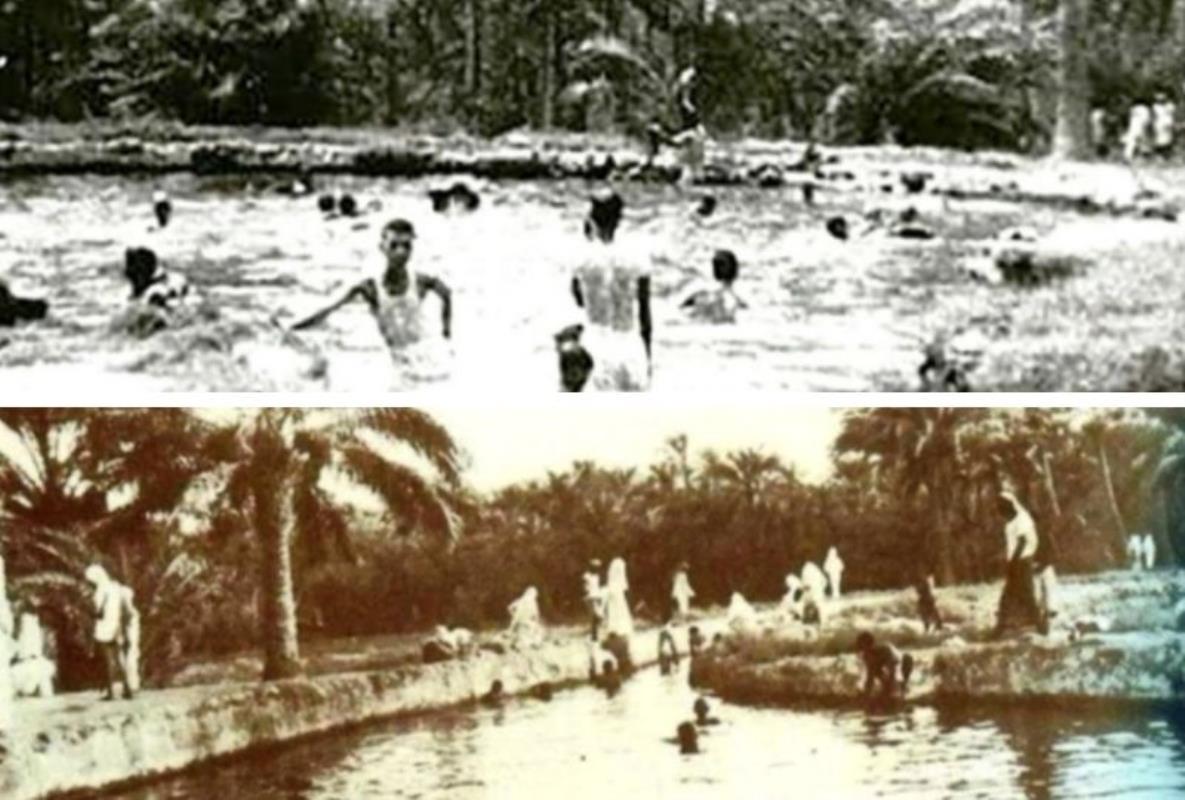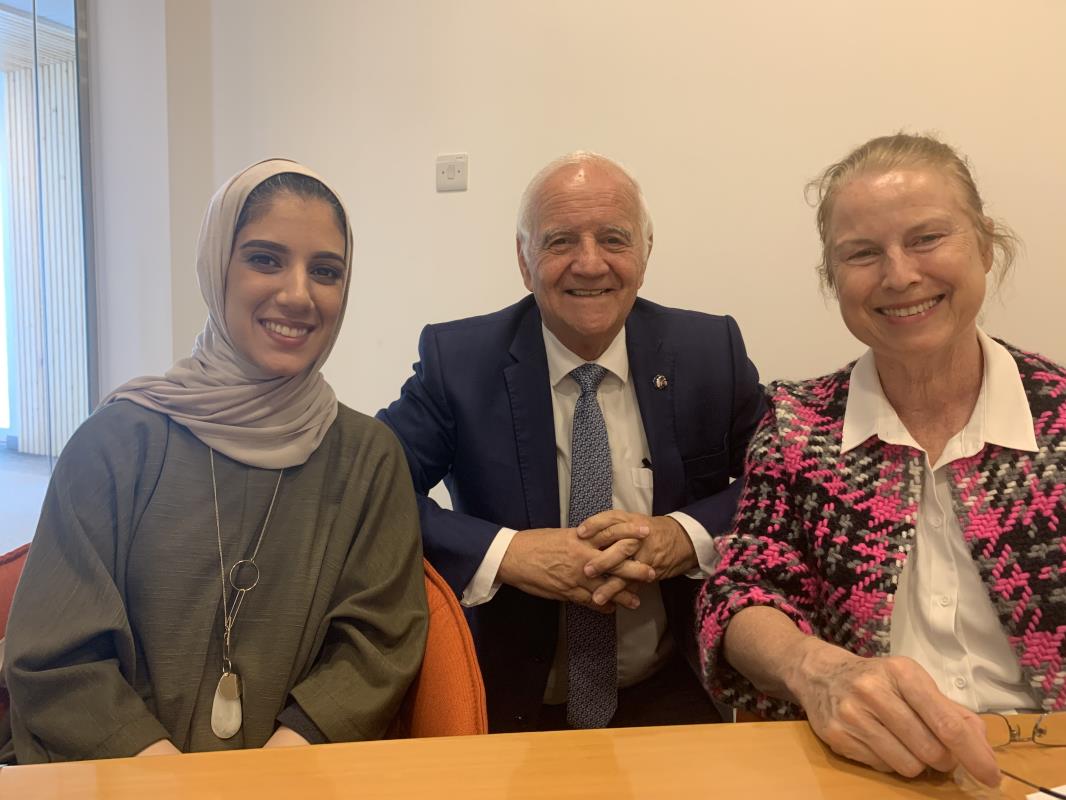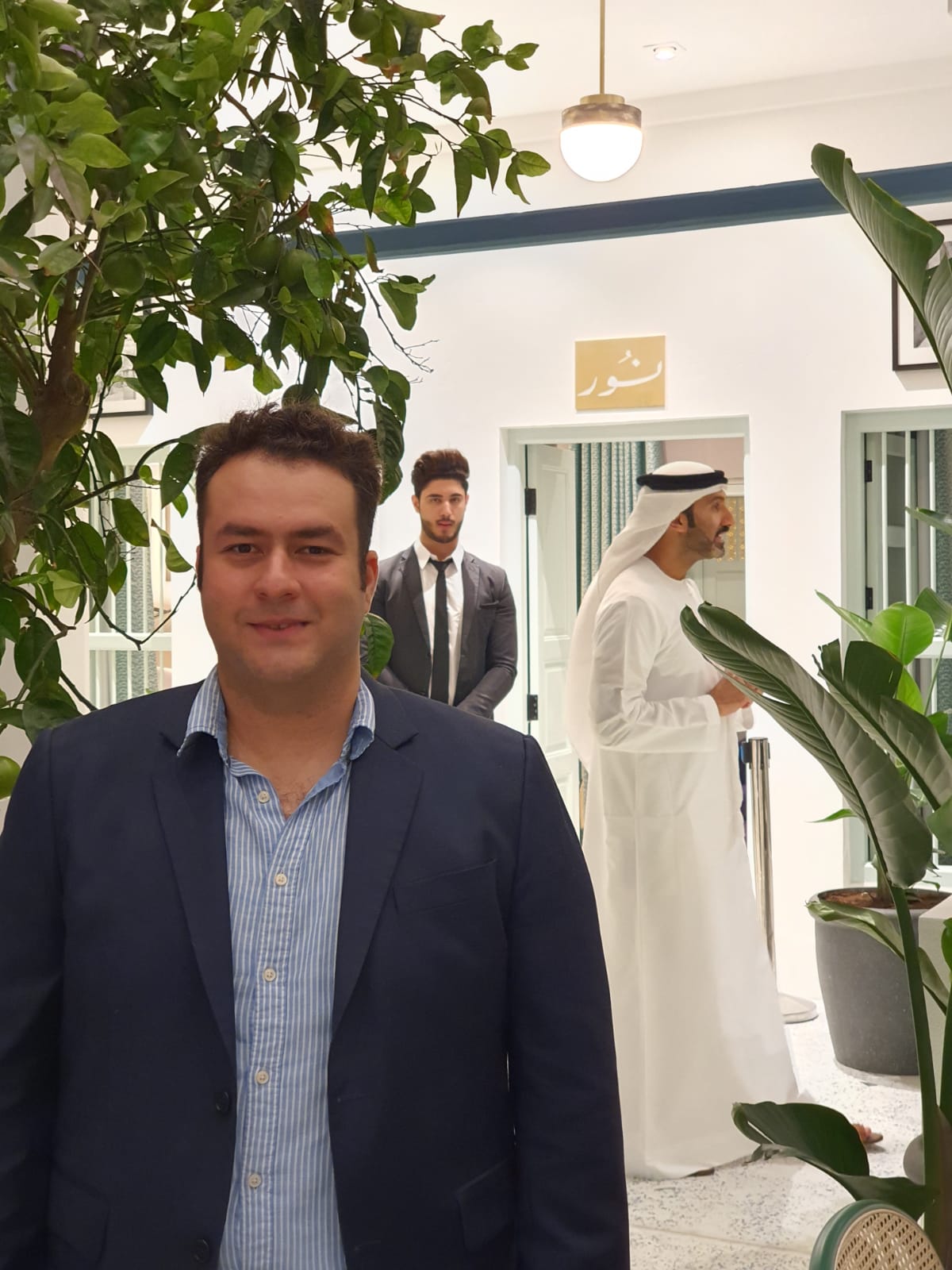If the outbreak of Covid-19 wasn't tough enough with races cancelled, some being staged without fans such as Bahrain and an air of the unknown around the corner, F1 teams have another set of pressures to handle this season.
The Formula One season starts in Melbourne next week but teams already have their sights set firmly on 2021 and a rules revolution, Reuters motorsport writer Alan Baldwin suggested.
The big question most face is when to stop developing the shiny new cars that have yet to turn a wheel in competitive action and throw time and resources at the next generation instead.
Get it right, and a midfield team can hope to make the sort of big gains next year that are out of reach when rules are stable.
For top teams, the consequences of getting it wrong can be dramatic and this is the last opportunity to throw cash at development before a budget cap comes in.
The likes of Mercedes, Ferrari and Red Bull have been working on 2021 for some time but they also want to win titles before then.
“This year’s championship is a two-year championship,” says Mercedes team principal Toto Wolff. “There’s such a massive regulatory change for 2021, that balancing your allocation of resource will be crucial ... if you get it wrong and you’re months behind, you might be half a second behind.”
The 2021 regulations represent one of the biggest revamps in the sport, with revised aerodynamics and bigger wheels and tyres.
Mercedes have won the last six constructors’ and drivers’ championships, an era that started in 2014 when 1.6 litre V6 turbo hybrid power units replaced the old 2.4 litre V8s. Until that point, Red Bull had won four in a row.
In 2009 it was Brawn GP who took advantage of a rule change with a ‘double diffuser’ that brought six wins in the first seven races for Britain’s Jenson Button and ultimately both titles.
The car was a result of under-performing Honda effectively writing off a season to focus on the year after, even if the Japanese manufacturer left the sport abruptly at the end of 2008 during the global financial crisis.
The team rose from the embers under Ross Brawn with the Honda chassis married to a Mercedes engine and the rest was history.
Brawn, the former Benetton and Ferrari technical director who sold his team to Mercedes after the extraordinary double title year, made the most of changing regulations several times in his career.
“I’ve had years when I’ve literally said from the beginning ‘let’s just run this car (with minimal development) because there are big opportunities next year’,” the Formula One motorsport managing director told Reuters. “I think it depends where you feel you are on the competitive ladder.”
At Benetton in 1993, with a young Michael Schumacher on board, Brawn told chief designer Rory Byrne early on to forget about that year’s car and focus on the 1994 one.
Schumacher won the first of his record seven titles in 1994, with Benetton going from a distant third overall in 1993 to runners-up and then champions in 1995.
“New regulations, new opportunities ... Rory just focused totally on ’94 and that resulted in a world championship. So if you’re prepared to make that sacrifice, and you’ve got the resources, it can pay off,” said Brawn.
In 2009, Brawn GP also benefited from the previous year’s season-long battle between McLaren and Ferrari that went down to the wire.
“They undoubtedly didn’t put the resources into the next year’s car that we did. So you can see it from both sides,” said Brawn. “It’s for a team to judge, but the opportunity is there.”
Racing Point, under the ownership of Canadian billionaire Lawrence Stroll, have copied last year’s title-winning Mercedes for 2020 and will limit upgrades as they focus on 2021 and a new start as Aston Martin.
Former champions Williams, last with just one point in 2019, are in a tougher position since future gains have to be balanced against the reputational damage of another failed year.
“We have to keep developing the FW43 throughout the course of this year because this is a critical year for our team,” said deputy principal Claire Williams.
“We know the budget, the resource capacity that we have, and we’ve just got to make sure that we can do the best job that we can with that, running two programmes in parallel. It’s not ideal.”























































